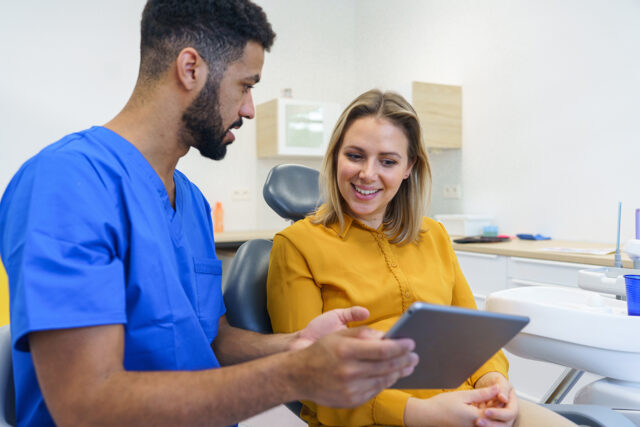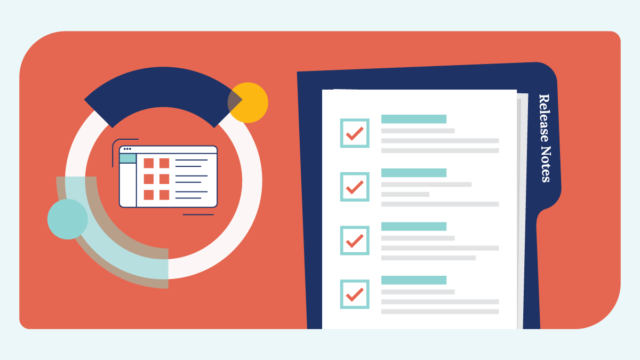It seems like everywhere you go, forms are filled out electronically. Dropping your car off at the mechanics, applying for a credit card, filling out a rental agreement—everything is done with electronic forms. Nobody is actually using a paper and pen to write their name, birth date, and contact information—except at the doctor’s office. This may seem logical to patients. After all, healthcare providers require a lot of personal information. Information that generally should be kept confidential. But with the technology available today, is an actual paper copy of a patient’s medical history and other sensitive information really all that secure? Hardly.
As a provider complying with HIPAA regulations, you know that after your patients fill out those forms, you either scan or type that information into your practice management system, then go through the arduous process of shredding and disposing of the paper forms. Not only is this process tedious for your office staff, but it’s also redundant and has a high chance for errors—either due to illegible handwriting or mistakes in transcribing. So why not make the check-in experience easier for everyone involved, and just go digital with a self-service check-in to begin with?
A patient check-in kiosk that is connected to your patient communication platform is a great tool to quickly and easily gather accurate patient information through a seamless check-in process. When your patient comes in for their appointment, instead of giving them a handful of papers and a clipboard, you can streamline the patient intake by just handing them a tablet with electronic forms ready for them to completefill out their patient data entry. And since your patients are entering their information directly in your PRM software, the chances of mistakes in the information are minimized. When returning patients come back for an appointment, they can easily review their information on the tablet and make any needed changes.
Another benefit to a check-in tablet is the opportunity to educate your patients. Once your patients have completed or verified the forms, you can give them the opportunity to sign up for any newsletters you offer. This is a great way to find out what your patients are interested in learning about. If you have a lot of patients interested in receiving newsletters about the latest research in your field of expertise, or general healthy living tips, you can add to your library of newsletters on those topics. That way you can keep in touch with your patients by sending them new information about a topic they care about.
Your patients are already in your waiting room, and a check-in kiosk just gives your medical practice the opportunity to make good use of their time there.
Learn how to minimize wait times and improve patient satisfaction with our blog post, “Don’t Leave Patients in the Waiting Room: 7 Time Management Strategies.”



